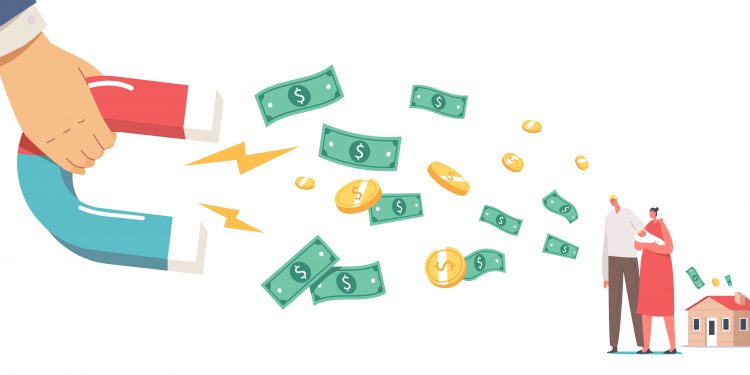Probably the least regarded segment of credit cards is the lowly collection agency. They work at the back end of the credit cycle and generally earn 30% to 50% commissions when they get the delinquent customer to repay. These third-party agents recover debts that were too hard for banks to resolve.
The collection agency industry is subject to aggressive regulatory control, often requiring state licenses, and under the mandate of several federal rules, including the Fair Debt Collection Practices Act (FDCPA). In addition, investigative bodies include the Federal Trade Commission (FTC) and the Consumer Financial Protection Bureau (CFPB).
As outlined in the Mercator Report, Credit Card Charge-off Collections Take Brains, not Brawn, Collection agencies provide relief for credit card issuers. Once the account charges off, banks must prioritize their resources and move on to subsequent delinquent accounts. With a constant flow of aging accounts, the bank is better off employing a third-party agent than to devote its collection resources.
But, like many other industries, collection agencies feel the pain from COVID-19. In front of the charge-off cycle were payment deferrals, which decreased account delinquency flows. With fewer aging customers, collection agency referral placements plummeted. This trend translated to lower delinquencies, and now the Federal Reserve indicates that only 7% of consumers have accounts placed with collection agencies, down from a pre-COVID level of 15%. Additionally, the amount placed with a collection agency dropped from $1,500 to $1,390. That means fewer accounts and lower balances.
From any position in payments, it is hard to feel sorry for the collection agency. These entrepreneurial businesses range from one-person shops to publicly traded corporations. Collection agencies “clean up after the parade” and deal with the mundane task of collections rather than the excitement of marketing, rewards, or developing technologies.
The Bureau of Labor Statistics notes that 223,100 bill and account collector jobs exist for third-party agents, though it suggests a declining outlook of 2020. The median pay for a collector is $18.32 an hour.
But what will happen if credit card delinquency improvements sustain through 2022? Will it cause job losses for collection agencies? And then who will collect from the collectors?
The downward credit delinquency trend still holds in the U.S. market. There are some stress signs, but on the whole, the numbers look strong. So, for now, don’t feel sorry for debt collector job stress; know that soon enough, the delinquency will rise, and collectors will be back to work.
Overview by Brian Riley, Director, Credit Advisory Service at Mercator Advisory Group









